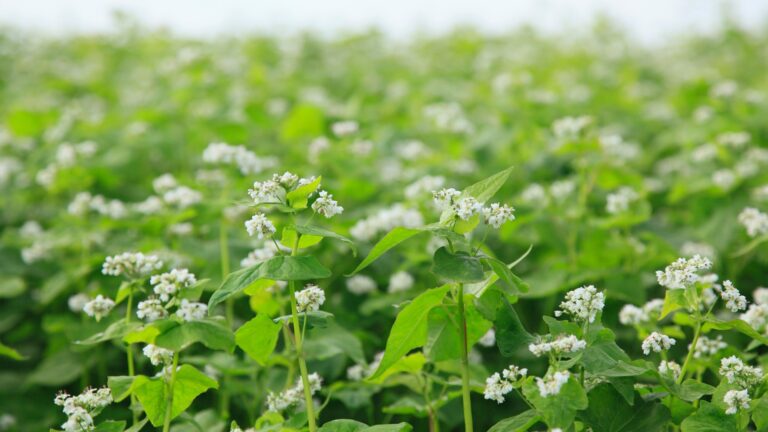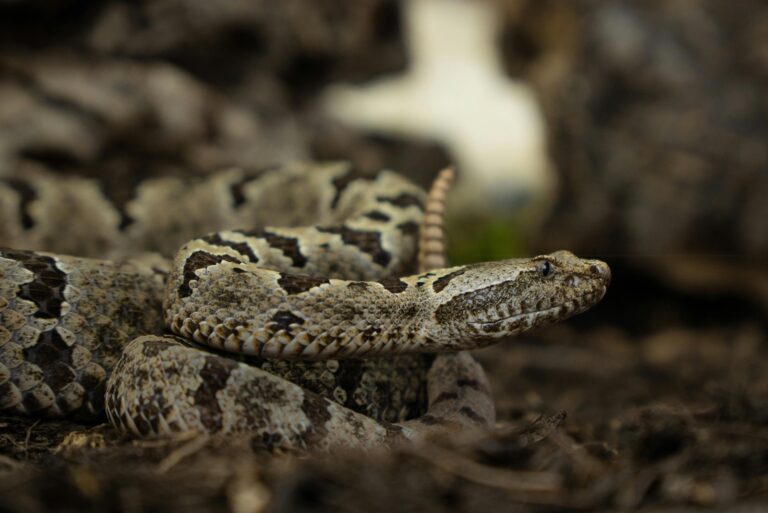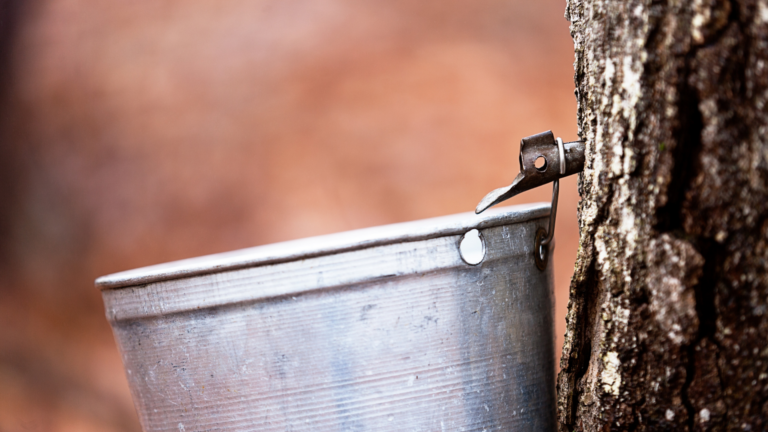The Tree You Should Skip Planting In Florida To Keep Lanternflies Away
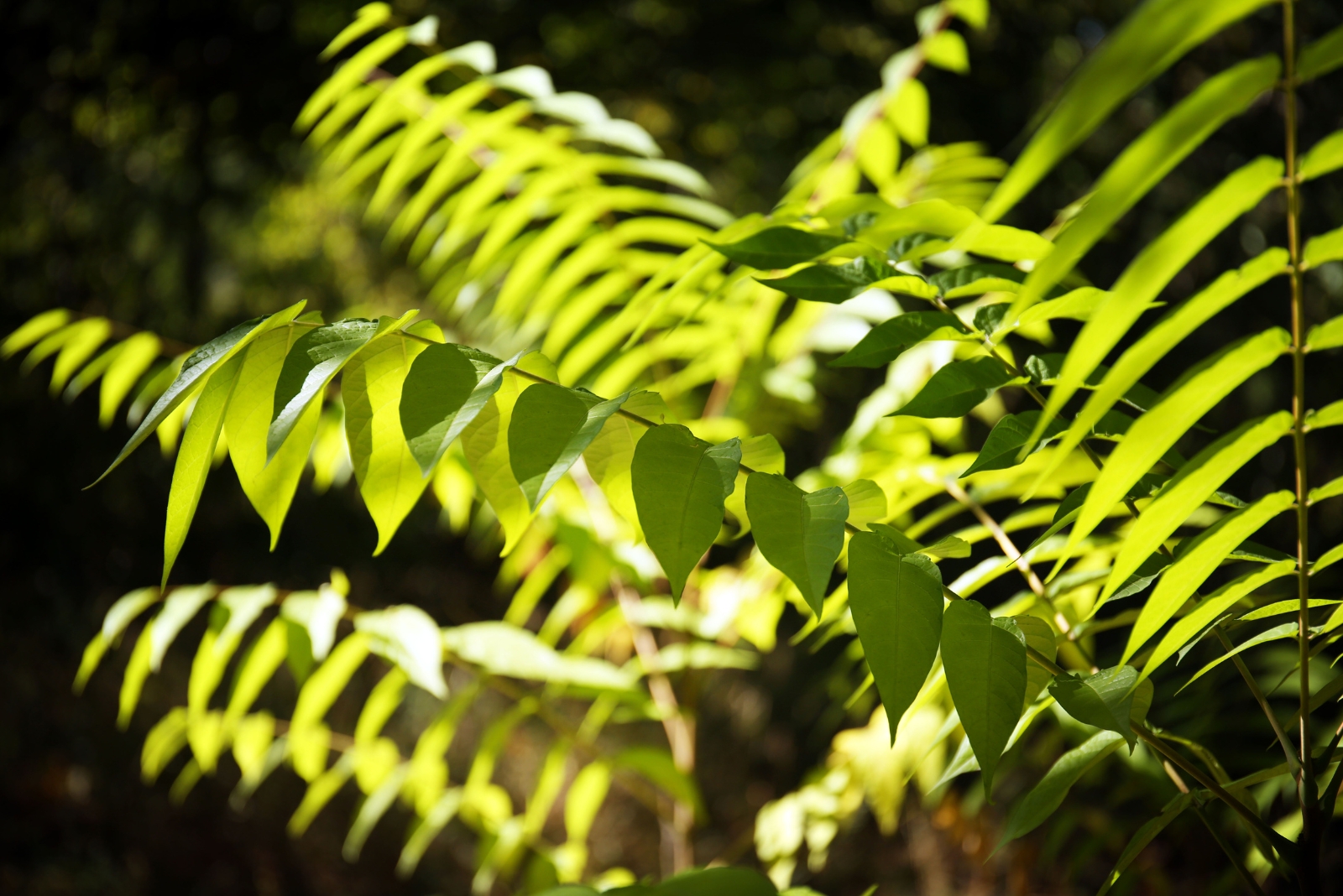
There’s one tree that might look harmless but can invite a whole lot of trouble to Florida yards. The Tree of Heaven may grow fast and look lush, but it’s a magnet for those pesky lanternflies.
Once they show up, they’re nearly impossible to get rid of. Skip this one and save yourself the headache before it starts!
1. It’s Actually a Magnet for Lanternflies
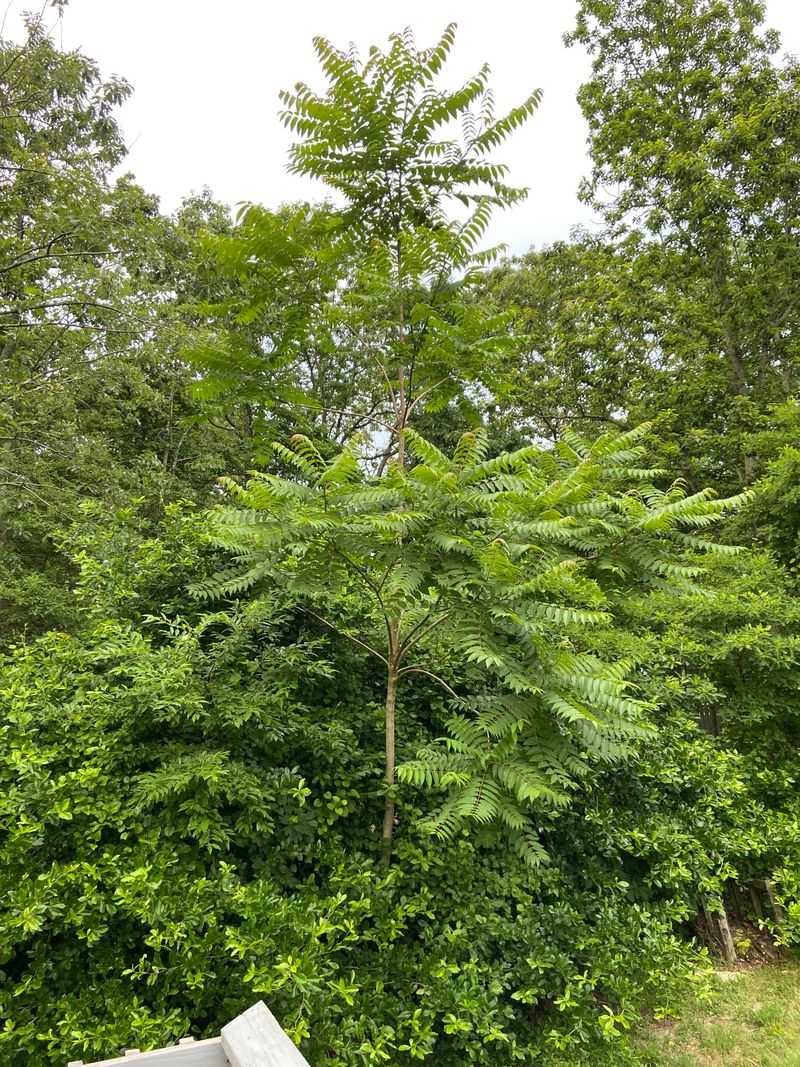
Tree of Heaven acts like a giant welcome sign for spotted lanternflies. Instead of repelling these destructive pests, the tree produces chemicals that lanternflies absolutely love.
Female lanternflies prefer laying their egg masses on this tree more than any other plant. In Florida gardens, one Tree of Heaven can attract hundreds of these sap-sucking insects.
Once they arrive, they’ll quickly spread to your other plants and fruit trees, causing widespread damage throughout your yard.
2. Grows Too Fast to Control Properly
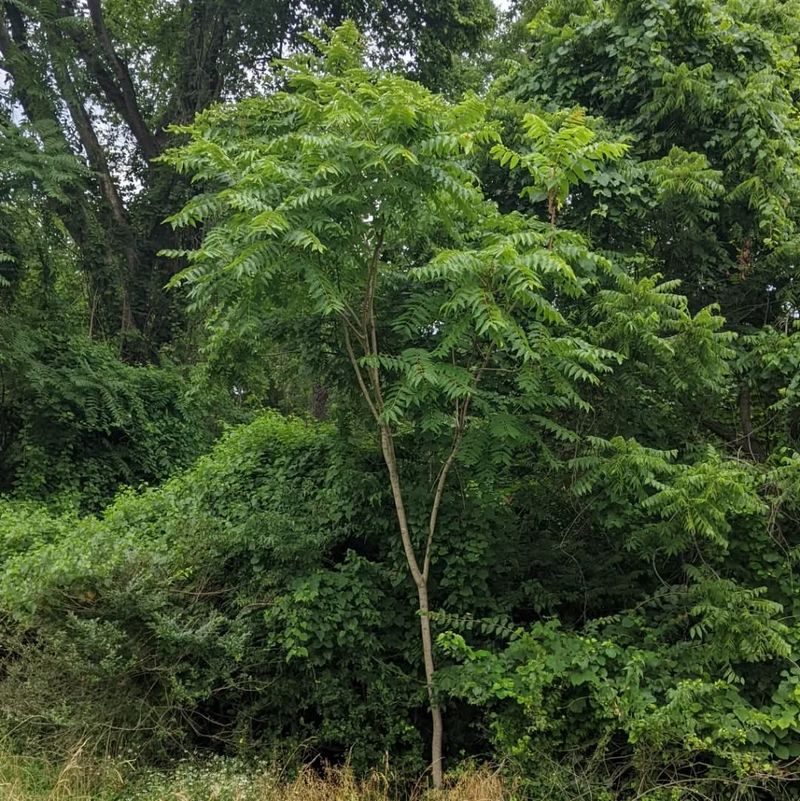
This aggressive tree can shoot up over six feet in a single growing season. Florida’s warm climate makes the growth even more explosive compared to northern states.
Before you know it, what started as one small sapling becomes a towering problem that blocks sunlight from your other plants. The trunk can reach several inches thick within just two years.
Trying to keep it trimmed becomes a never-ending battle that wastes your valuable gardening time and energy.
3. Sends Out Underground Runners Everywhere
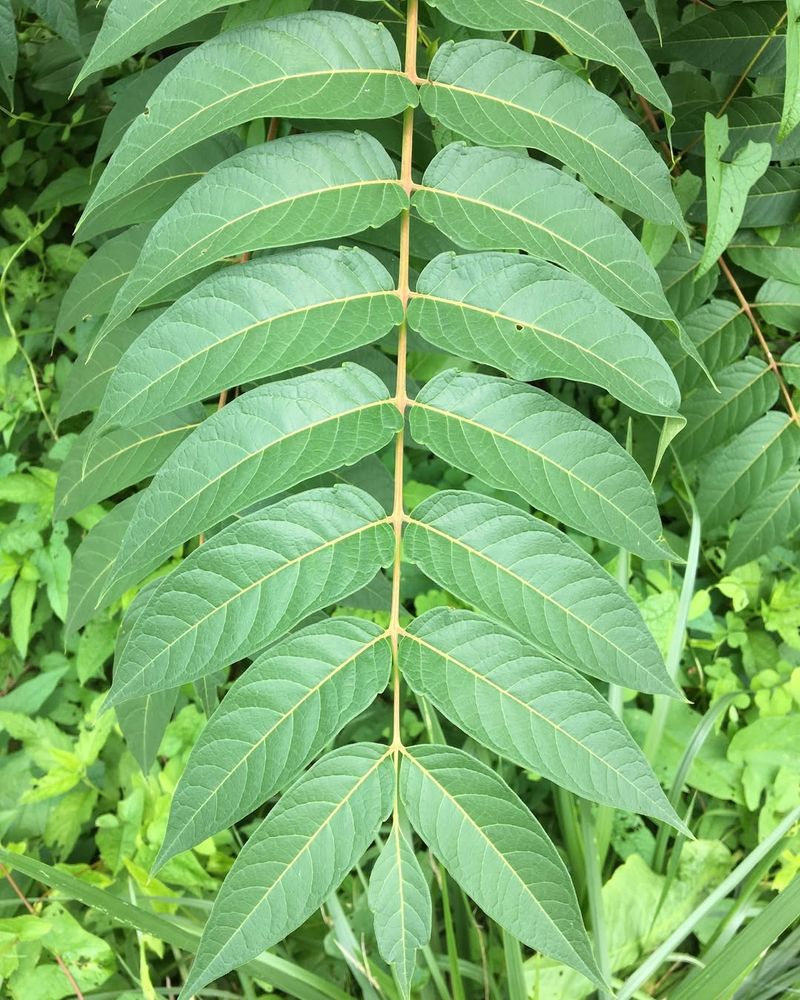
Beneath your Florida soil, Tree of Heaven creates an underground network of roots that spawn new trees everywhere. Cut one down, and five more pop up from the root system.
These runners can travel dozens of feet from the parent tree, invading flower beds, cracking sidewalks, and even damaging foundations. Your neighbor’s yard might soon have unwanted saplings too.
Removing the entire root system requires major excavation work that’s both expensive and exhausting for homeowners.
4. Produces Chemicals That Kill Other Plants
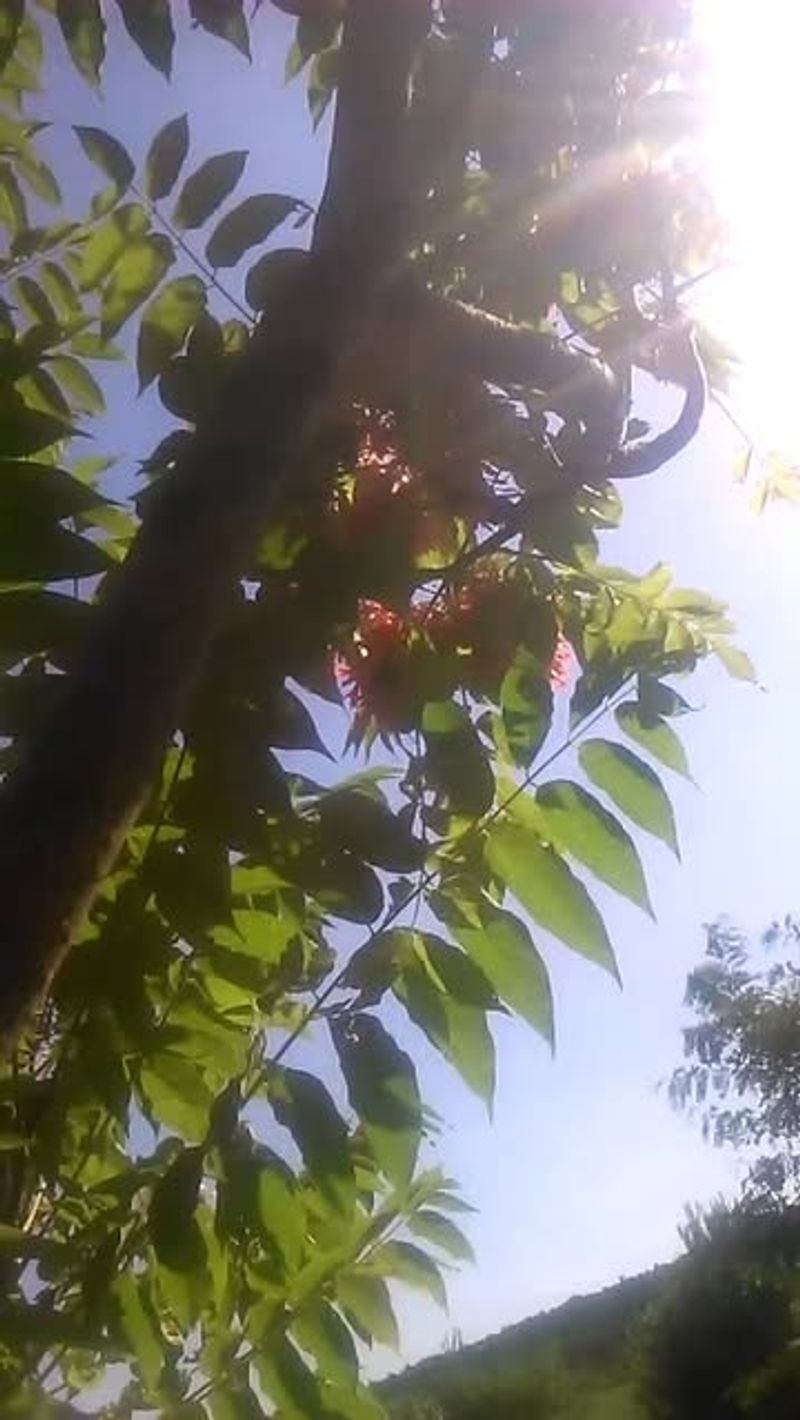
Something sinister happens in Florida gardens where Tree of Heaven grows—nearby plants mysteriously struggle or die. The tree releases toxic chemicals called ailanthones through its roots and fallen leaves.
These natural herbicides prevent other plants from thriving, essentially poisoning the soil around it. Your beautiful azaleas, vegetable garden, and native Florida plants can’t compete with this chemical warfare.
Even after removing the tree, the toxins remain in the soil for months, making replanting difficult.
5. Smells Absolutely Terrible During Bloom
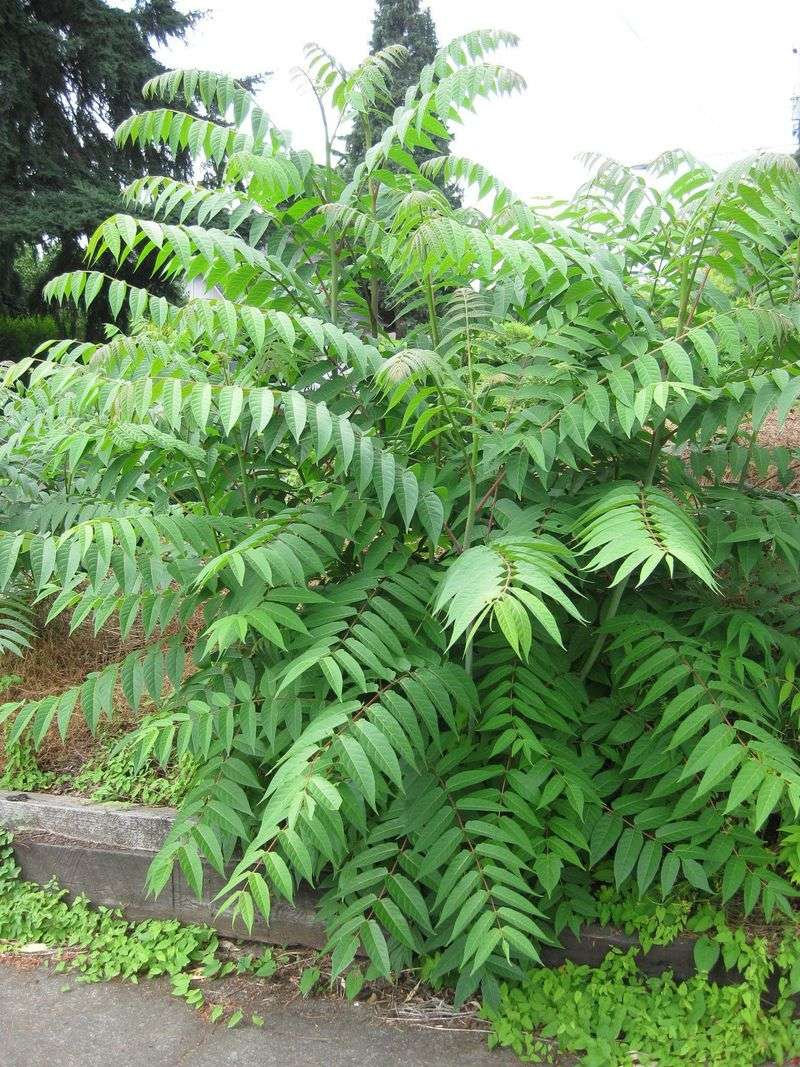
When Tree of Heaven blooms in Florida’s heat, it releases one of the most unpleasant odors in the plant kingdom. Gardeners describe the smell as rotting peanut butter mixed with burnt rubber.
The stench becomes so overpowering during summer that you won’t want to enjoy your patio or have outdoor gatherings. Windows stay closed despite beautiful weather.
Male trees produce the worst smell, and unfortunately, you can’t tell which gender you’re planting until it matures years later.
6. Creates Fire Hazards in Dry Seasons
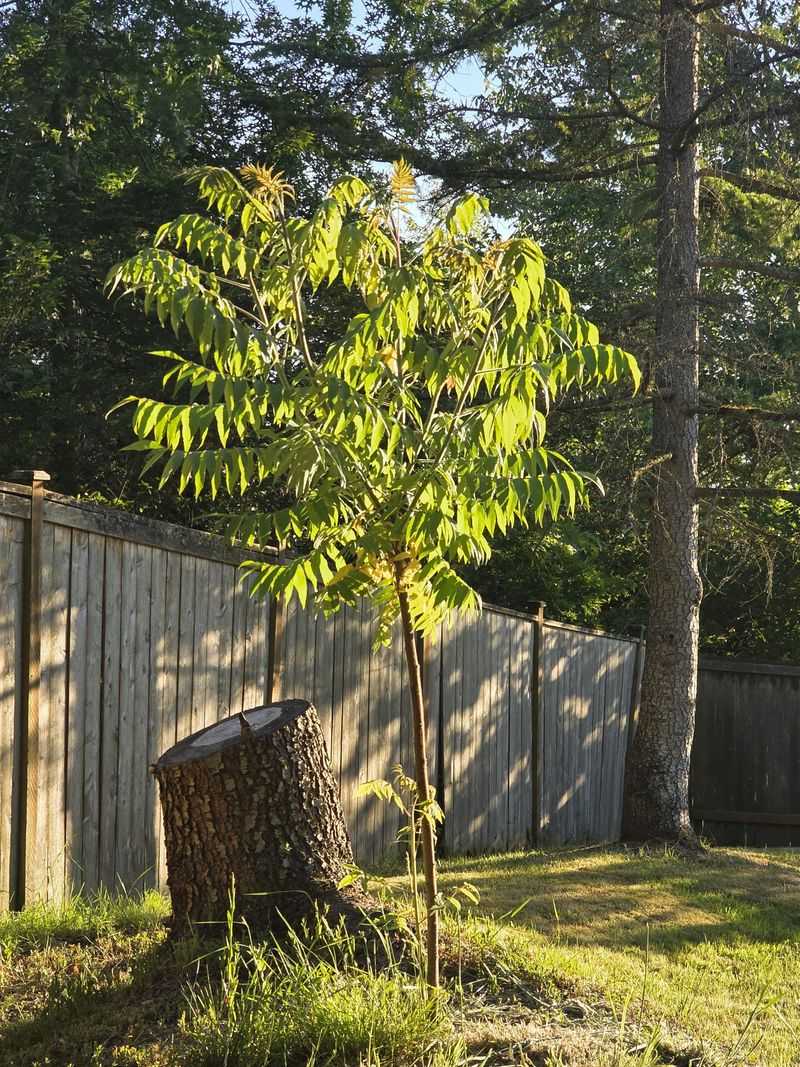
Florida’s dry seasons turn Tree of Heaven into potential kindling for wildfires. The tree drops massive amounts of dead branches, leaves, and twigs that pile up quickly around your property.
This debris dries out rapidly and becomes highly flammable, creating dangerous conditions near homes. The tree’s fast growth also means more dead material accumulating constantly.
Insurance companies in fire-prone Florida areas may even raise premiums when they spot these trees on your property during inspections.
7. Banned or Restricted in Many States
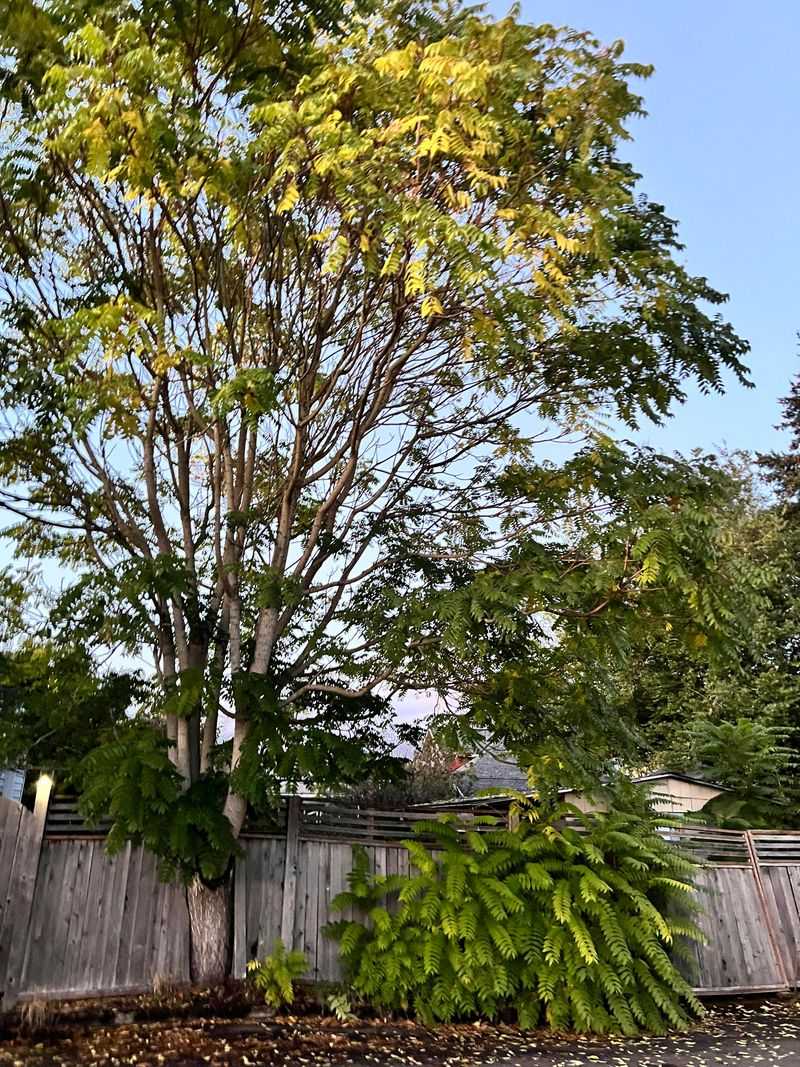
Numerous states have officially declared Tree of Heaven a noxious weed because of its destructive nature. Some Florida counties have started restricting its planting due to ecological damage.
Selling or transporting the tree is illegal in several regions, and penalties can include hefty fines. Planting one now might require expensive removal later when regulations tighten.
Environmental agencies across the country are actively working to eradicate this species, so intentionally adding it goes against conservation efforts everyone’s supporting.

